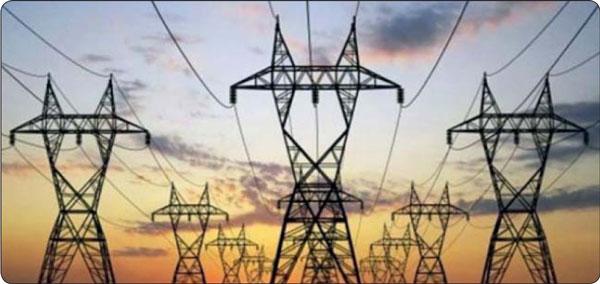KABUL (Pajhwok): Work on Central Asia and South Asia (CASA)-1000 project has been stalled in Afghanistan due to unfriendly conditions, according to a media report citing Tajikistan government official on Sunday.
But Bilal Karimi, assistant spokesperson of the acting government said the situation in Afghanistan were normal and the condition required for the multi-national energy project had been met. There is no problem and tension existed in the way of CASA implementation, he added.
Referring to Tajikistan government official’s recent comments, he said: “We will inquire about the matter you referred to in order to unearth the real issue. However, there was no obstacle that existed in the way of CASA excitation,” he said.
The CASA-1000 project aims to allow Tajikistan and Kyrgyzstan, former Soviet republics with an extensive network of hydroelectric power plants, to sell excess energy to Pakistan and Afghanistan in the summer months.
Faizali Samiyev, the head of the Tajik project implementation office, said work on the project, originally scheduled to be completed next year, continued in three countries, but not in Afghanistan, according to a report in Reuters.
While the World Bank, a key CASA-1000 backer, continues financing projects in Afghanistan, it has decided to focus on urgently needed education, agriculture, health and family programmes and bypass sanctioned Taliban authorities by disbursing the money through United Nations agencies and international aid groups.
Funding for the CASA-1000 project – which was designed to provide Pakistan with 1,000 megawatts (MW) of power and Afghanistan with 300 MW – has been suspended, Samiyev said.
“(We hope that) contacts will be established with the Afghan side and ways to implement the project will be worked out,” he said.
The project could be a boon for the two Central Asian nations which have excess power in the summer but suffer from shortages in the winter unless they can buy fuel or power from neighbours.
The United States was involved in financing the project when it was launched in 2016 as part of its New Silk Road initiative to integrate Afghanistan with Central Asia.
Other project sponsors have included the Islamic Development Bank, the UK Department for International Development, and the European Bank for Reconstruction and Development.
nh







GET IN TOUCH
NEWSLETTER
SUGGEST A STORY
PAJHWOK MOBILE APP